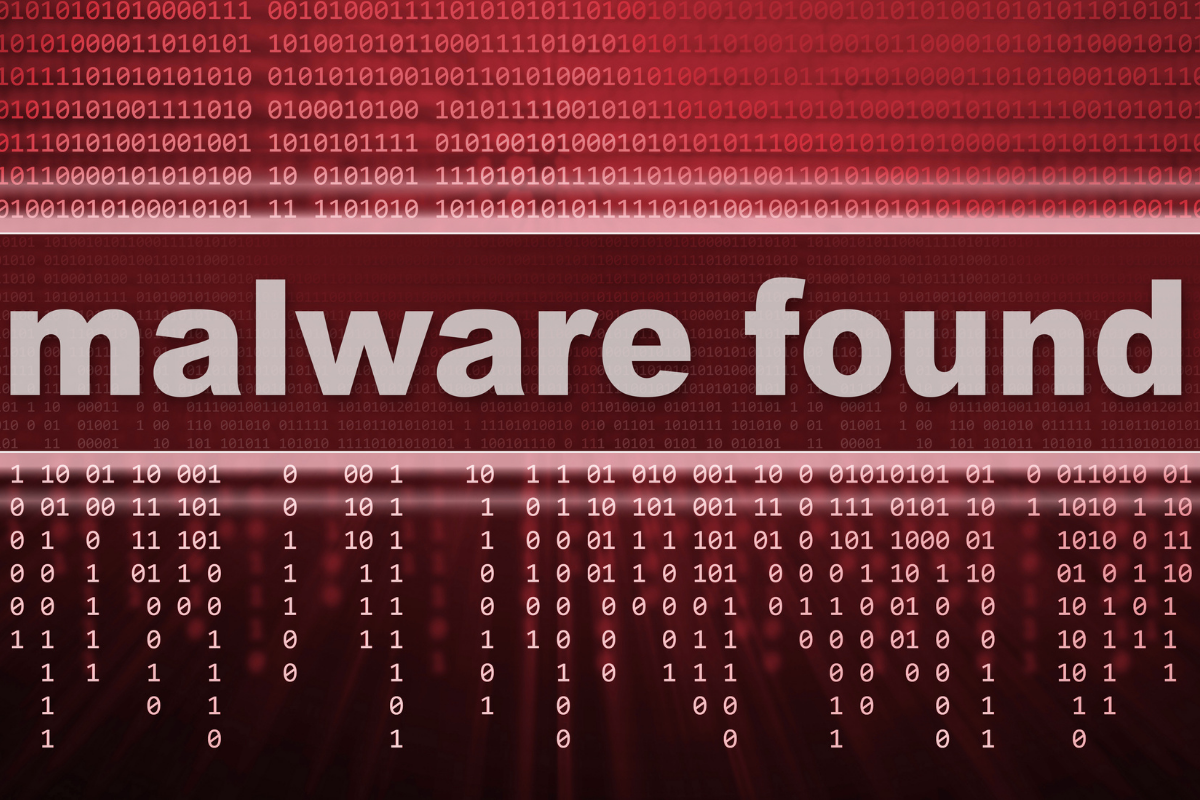Malware is the term used for any and all types of malicious software that is used to damage or exploit programmable devices, services, and networks. Malware is typically used to steal data (financial records, healthcare information, emails, passwords, etc.) that can be used as leverage against victims in return for financial gain.
Here are some of the most common types of malware attacks, and some tips for avoiding them.
Trojan Horse
The most common type of malware is known as a Trojan horse. Attackers pretend the software they’re offering is somehow beneficial to you, like a free gift or special offer. This is an attempt to get you to allow the malware into your computer system, where it will steal your data, block your antivirus software, and crash your device.
Zeus, one of the worst Trojan horses, aimed to infect Windows computers. It was first discovered in 2009 and compromised accounts with large businesses like Amazon, Bank of America, Cisco, and more. Zeus managed to steal login credentials, email, and banking accounts.
Like the historical horse of the same name, this ploy only works if you let it in. Without permission, the threat of a Trojan attack is greatly diminished.
Worm
A worm is malware similar to a virus in that it can reproduce and affect other computer systems. The big difference between the two is that a worm doesn’t need human interference to become active. Worms can attach themselves to files, attachments, or websites on their own. Worms exploit vulnerabilities in your network and then reset lockout policies and block access to Windows updates and antivirus features.
Conficker is a worm that has infected more than 9 million computers worldwide. It was one of the largest known worms ever to exist.
The best form of prevention from a worm infection is an active firewall. The firewall will then limit and reduce network traffic and unapproved users.
Spyware
Spyware is adware installed on your computer without your knowledge designed to track your habits – browsing data and internet activity. Spyware can collect keystrokes, account information, logins, financial data, and more.
To prevent spyware attacks, the best thing to do is educate users. Pay attention to permissions and access rights that are offered when accessing browser extensions and mobile apps. Also, never install mobile apps that don’t come from a reputable source, like the Apple App Store and the Google Play Store for Android.
Adware
Adware is software that displays unwanted ads on your computer and devices. This can look like pop-up ads, browser homepage changes, and similar programs bombarding your devices. Not only is this bothersome, it also creates problems like internet slowdowns and device crashes.
You can prevent adware from slowing down your network by being very vigilant about downloading freeware from websites that look less than professional. While browsing websites, be sure to avoid clicking ads and notices – especially ones that caution you to update your antivirus or tell you that your device has been infected.
Ransomware Prevention
Ransomware, which we’ve talked about previously, is a form of malware that is designed to encrypt files on a device, and then render those files inaccessible until a ransom amount is paid. There are two types of ransomware – locker ransomware and crypto-ransomware.
Locker ransomware reduces or restricts access to the device itself, and crypto-ransomware simply restricts access to files and collecting data.
The best way to prevent a ransomware issue is to back up all your important files offline, or on a separate network completely.
Increase Security Awareness with CyberFort
A great cybersecurity system is built, not just installed. Our team wants to help construct and fortify your cybersecurity protocols and implement powerful changes when your security needs evolve.
CyberFort Advisors has many data security and email and web security solutions to help prevent malware attacks on your business. Contact us at 1 (866) 221-4004 or email info@cyberfortadvisors.com to learn more.

